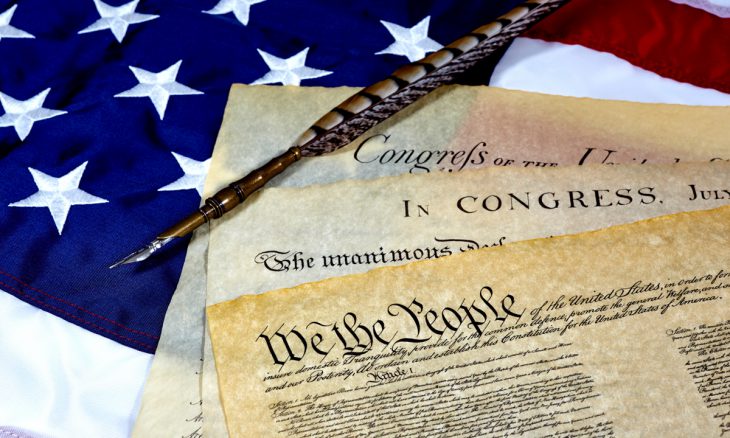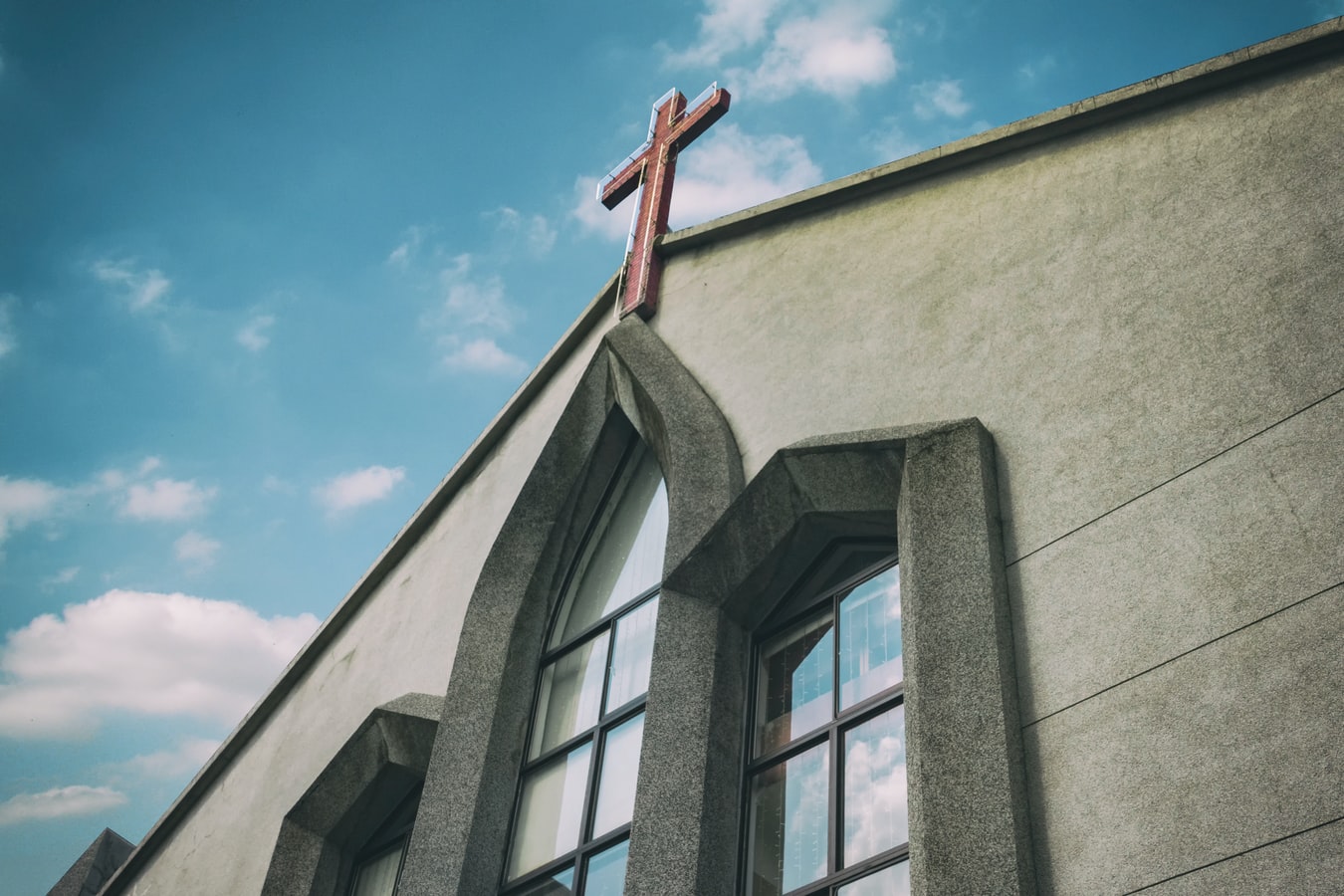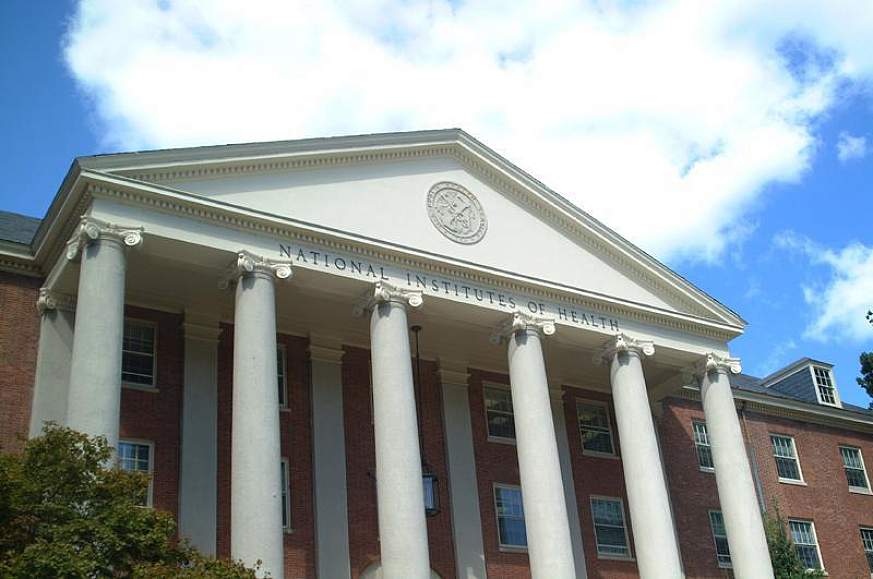Part 2 of 2: The risk of government overreach and role of citizen awareness.
PRAY FIRST for God to guide federal officials and state and local leaders as they create policies to protect and enshrine government accountability structures.
He has told you, O man, what is good; and what does the Lord require of you but to do justice, and to love kindness, and to walk humbly with your God? Micah 6:8
In this two-part series, we are exploring government authority, performance, and accountability. In part 1 we looked at the foundation and function of government, read here: Who Governs and Why It Matters. We close in part 2 by turning to government oversight, overreach, and the role of citizens in preserving ethical leadership and accountability.
While the Constitution created systems to limit centralized control, nothing can be immune to weakness or exploitation. Checks and balances require not only written rules but active participation from leaders, institutions, and the public it should protect.
Failures in oversight can have serious consequences. For instance, the 2008 financial crisis highlighted gaps in federal regulation of the housing and banking sectors, prompting the creation of the Consumer Financial Protection Bureau (CFPB) to better protect consumers. When there is no corrective mechanism or it is ignored, public harm can often follow.
Recognizing Government Overreach
Government overreach occurs when officials or agencies act beyond their lawful authority. These actions may be well-intentioned, but they can infringe on rights, limit freedoms, or upset the balance of power. In the past, such overreach has prompted intense public debate, legal scrutiny, and institutional reform.
More recently, concerns have centered on government influence over content moderation by private tech companies. In 2023, a federal court considered whether pressure from federal agencies on social media platforms to manage misinformation violated the First Amendment. The case, Murthy v. Missouri, raised questions about the appropriate boundary between public authority and private communication platforms.
When government overreach occurs, responses vary. Courts may intervene, Congress may hold hearings or pass corrective legislation, and advocacy groups or private citizens may challenge actions through public engagement or litigation.
When Accountability Measures Are Ignored
Accountability only works when it’s respected. Audits, investigations, and oversight committees can reveal wrongdoing, but if their findings are dismissed or defunded, their power diminishes. The effectiveness of these systems depends on both legal enforcement and public attention.
For example, Inspectors General (IGs) serve within agencies to root out fraud or abuse. However, their investigations are sometimes disregarded or met with resistance. In recent years, some IGs were removed mid-investigation, raising concerns about the independence of oversight mechanisms.
The Role of Public Awareness and Action
Citizens play a crucial role in maintaining accountability. Freedom of the press, access to public records, and the right to peaceful assembly equip people with tools to respond when the government veers off course.
Transparency isn’t automatic. It must be demanded and protected. One of the clearest ways to participate is by voting in local, state, and national elections. Other means include attending public meetings, joining civic organizations, or contacting elected officials. The more informed and active a community is, the less likely unchecked power will thrive.
Why It Matters and How We Can Respond
We are not immune to political fatigue. But Scripture reminds us that seeking truth, pursuing peace, and standing for others are not optional. Proverbs 31:9 says, “Open your mouth, judge righteously, defend the rights of the poor and needy.”
Our participation should not be driven by loyalty to a party, or because of fear, but by a desire for truth, clarity, and care for our communities and future generations. Speaking with grace, resisting cynicism, and staying grounded in prayer can help us stay faithful in seasons of tension.
Government is run by people, and it will never be perfect. But when it operates with integrity, it serves as a safeguard for the vulnerable, a structure for order, and a channel for large-scale service. When it does not, the consequences are real—especially for those with the least power.
Faithfulness, in this context, looks like showing up. Learning, voting, praying, and using our voice for each other. Romans 12:21 reminds us, “Do not be overcome by evil, but overcome evil with good.”
We don’t overcome dysfunction by withdrawing. We counter it by remaining present, grounded, and clear-minded.
HOW THEN SHOULD WE PRAY:
— Pray for Americans to seek the truth in all things and that they may rely on God to decern truth from a lie. The simple believes everything, but the prudent gives thought to his steps. Proverbs 14:15
— Pray God to strengthen those in government to act with integrity in all things and to do what is right and just in all things. Whoever walks in integrity walks securely, but he who makes his ways crooked will be found out. Proverbs 10:9
CONSIDER THESE ITEMS FOR PRAYER:
- Pray for those in journalism to desire to not just report, but to seek truth, without manipulation or fear.
- Pray for federal agencies and federal officials to seek and welcome correction and transparency.
- Pray for citizens to seek the truth as we sift through countless pieces of information every day so that we might pray in an informed way.
Sources: Congressional Budget Office, Government Accountability Office, National Archives, Pew Research Center, Financial Crisis Inquiry Commission, Ballotpedia









